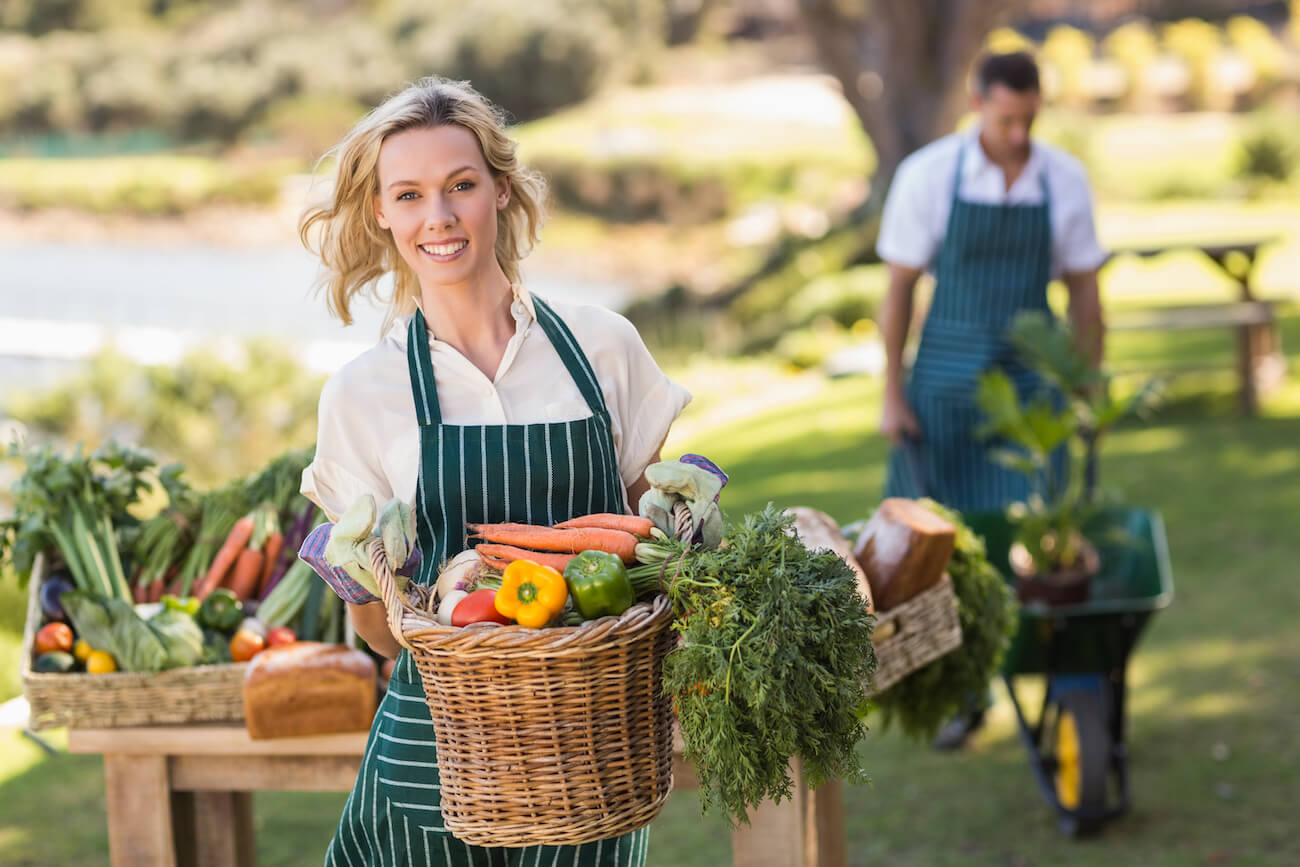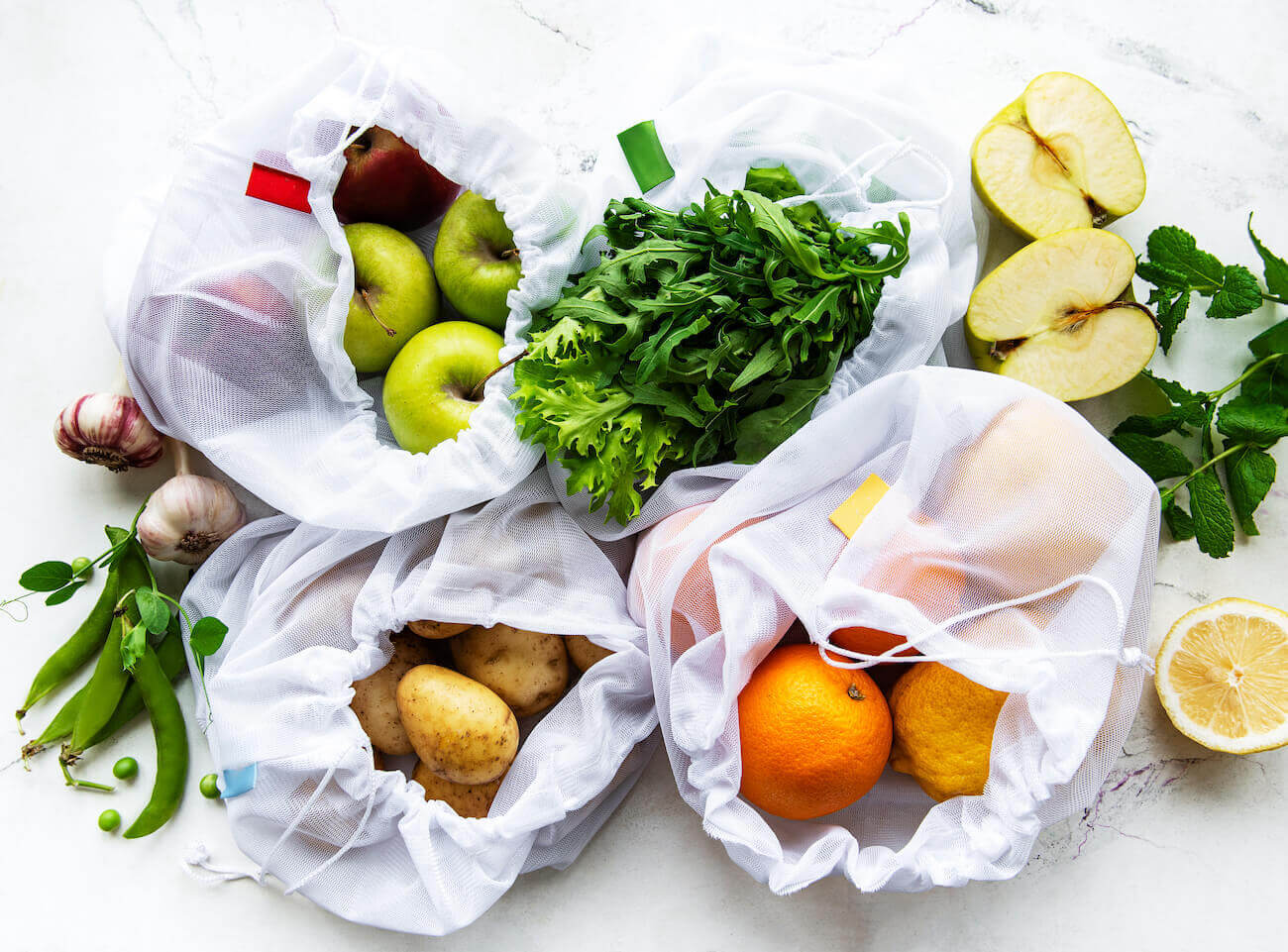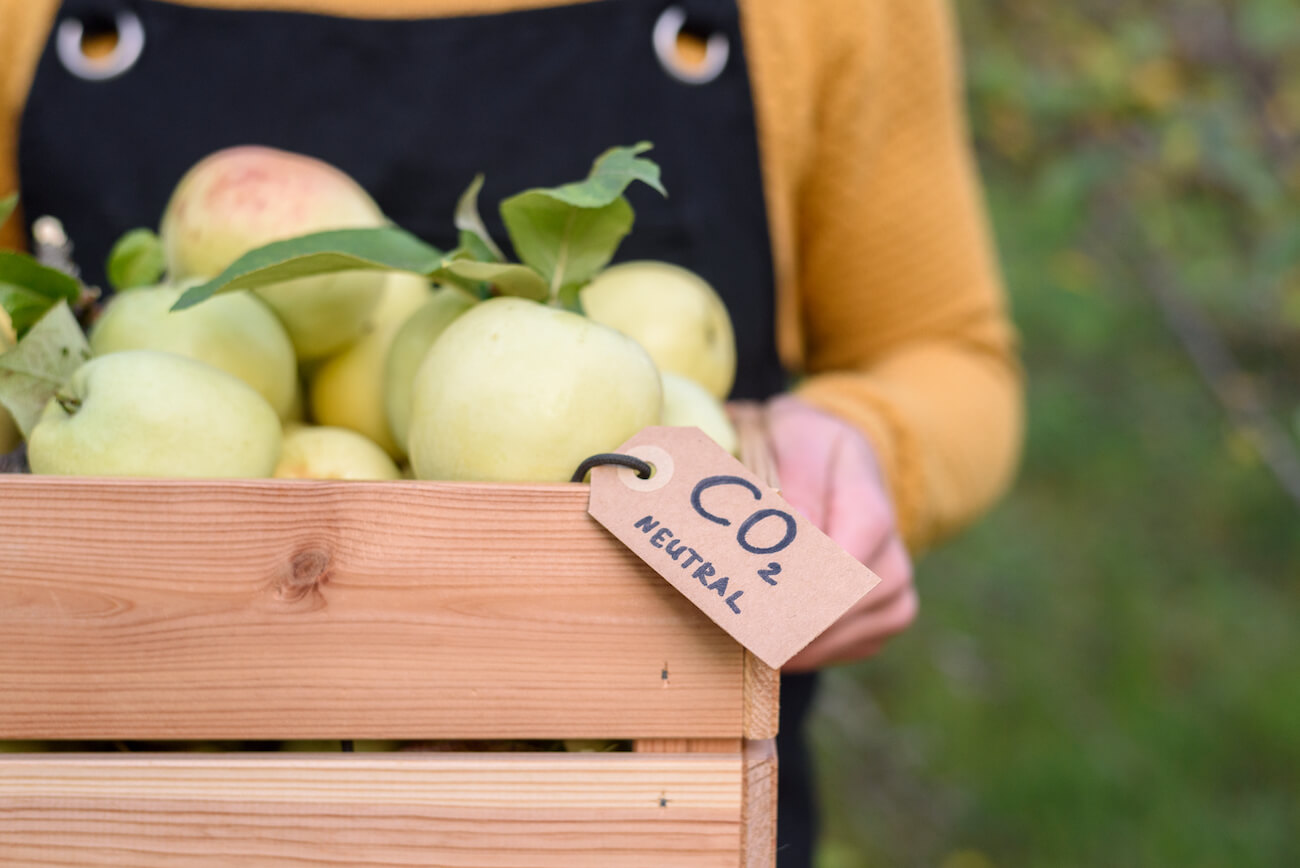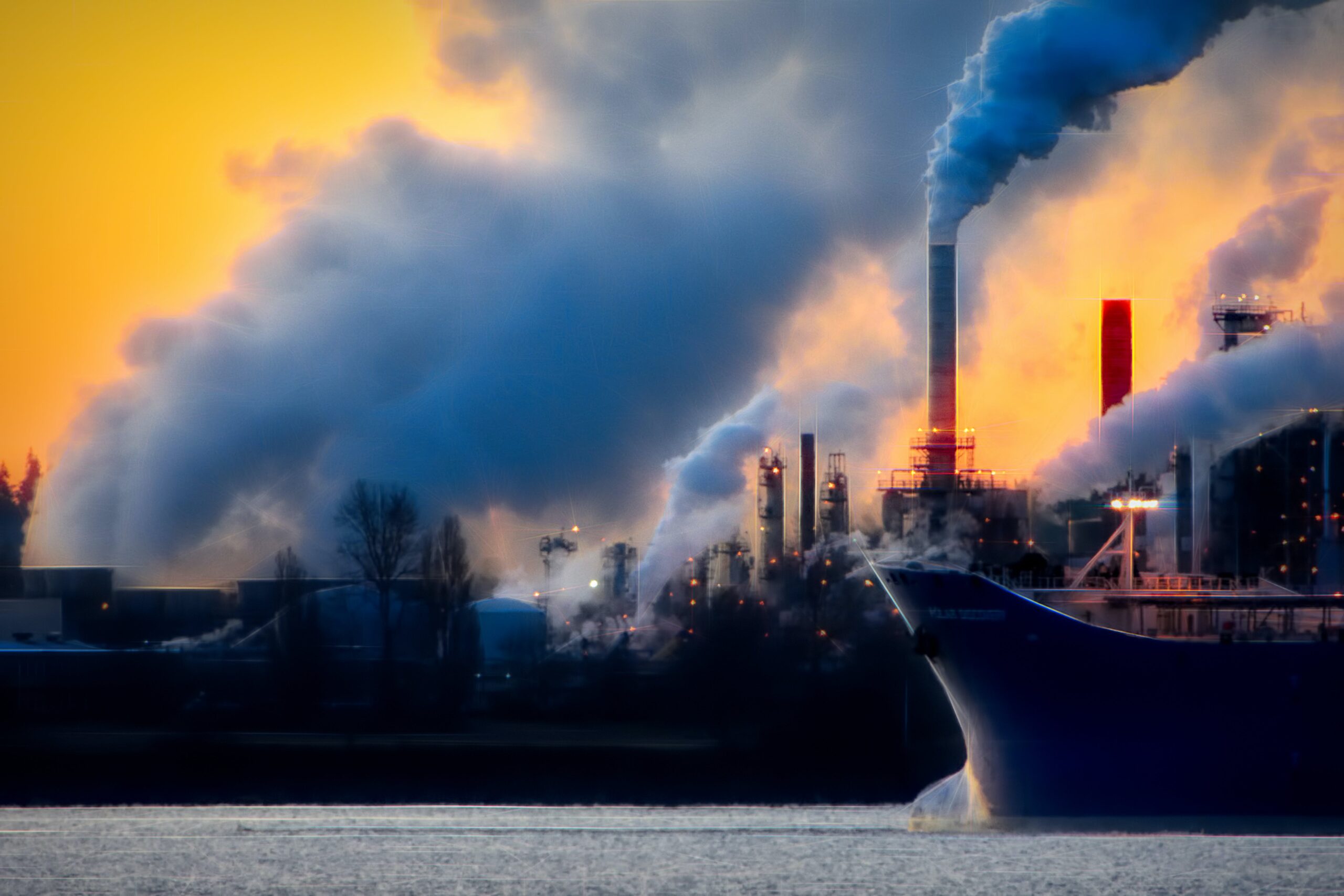The nature we live in is in crisis. Earth’s species are dying out. Faster than ever before. And farming covers more than a third of the world’s land surface. That is why we need to produce more fairtrade products as of today!
Environment
Environment is dependent on a thriving biodiversity. Nowadays we are facing increased food and water insecurity. And somehow we are forgetting how a healthy natural environment is so crucial for us.
Nearly the quarter of the world’s population depend on agriculture for their livelihoods.
However, farmers and farm workers are suffering from degraded soil, salt water pollution, soil erosion and excessive use of toxic pesticides. The question is, do we want to protect our nature? Do we consciously take into considerations the impacts our living has on the nature around us?
If we want to do so, we have to change the way we farm our land and produce our food. Monoculture eliminates all other biodiversity is unnatural and risk destroying local ecosystems. This leads to the extinction of both animal and plant species.
We need to reintroduce biodiversity and sustainable farming methods. These actions will have positive long-term impacts on the environment and nature we live in.
What are Fairtrade products?
Fairtrade International is a label for businesses and producers that changes the way trade works. This is done through improving the pay-checks, creating decent working conditions and a fairer deal for farmers and workers in developing countries.
If you as a consumer decide to choose Fairtrade labelled products, you can create change through their everyday actions. For example, do you check these kind of labels on products you buy when shopping?
This way, you help improve lives of farming communities and their future!
The standards of Fairtrade label prohibit the use of certain agrochemicals that are harmful to the environment and encourage farmers to reduce their use of pesticides. Afterwards, farmers are able to improve their land quality developing nutrient-rich soils.
These improvements lead to support of healthy plants encouraging wildlife to help control pests and diseases.
Fairtrade farming protecting the environment
Fairtrade is a choice for nature, and a way of farming that safeguards both humans and the environment.
What is so specific for fairtrade way of farming is the environmental protection. Selling fairtrade products, farmers are required to improve the quality of soil and water. Further, they are also forced to manage pests, waste, reduce their greenhouse gas emissions and avoid using harmful chemicals.
Last but not least, fairtrade farming protects the biodiversity!
Now, let’s take a closer look at ways fairtrade products help protect the environment.
Ways fairtrade farming protects the environment
There are multiple ways producing fairtrade products protects the environment and farmers who seek the fairtrade label should take them into consideration. We are going to dive into 4 main ways fairtrade products help protect the environment.
1. Fairtrade farmers plant trees
One of the main problems society is facing nowadays is a vast deforestation. Deforestation is mainly caused by expansion of field and pastures. Also, this act accounts for nearly 20% of all greenhouse gas emissions! That is more than what the world’s entire transport sector produces of harmful emissions.
However, a sustainable agriculture model already exists. Food production and forests can coexist.
It is called agroforestry.
This type of farming plants trees alongside crops and/or animals. As a consequence, improvement of nutrient density and water cycling is present. Further, soil erosion is avoided and biodiversity increases.
Planting trees and therefore creating a habitat for natural pollinators stabilises soil and our climate!
2. Fairtrade farmers reduce use of harmful pesticides
Harmful pesticides reduce biodiversity and especially pollute the water and soil. These pesticides are detrimental chemicals that are often used in agriculture.
Nonetheless, these chemicals can also harm the health of farmers and workers. Causing them mild symptoms such as headaches and rashes to more long-term problems in the form of liver damage or nerve disease.
So, carbon footprint and organic origin of products is not the only environmental issue that is being addressed in connection with farming. The health of farmers is very important too!
3. Fairtrade farmers protect biodiversity
What do we mean by biodiversity? It refers to the variety of living species on earth and it is a prerequisite for all life.
Nowadays, the biodiversity is threatened by the over-exploitation of natural resources and climate change. Farmers are able to engage in wide range of activities that potentially support biodiversity.
These activities include reduced use of chemicals, organic production, composting and planting trees.
For example composting is useful in terms of biodiversity as composted waste can replace artificial fertilisers. At the same time, less methane-producing organic waste will end up in the landfill. Also, using compost improves the soil’s nutrient levels and water retention capacity.
4. Fairtrade farmers reduce water use
Adopting new technology helps the farmers to reduce their water usage on the fields. As water is essential to grow the products, sustainable ways of watering the fields exist. New water treatments can reduce water usage by 90% if implemented correctly.
So, if you decide to buy fairtrade, you are helping and supporting farmers fight often devastating impact of climate change!





